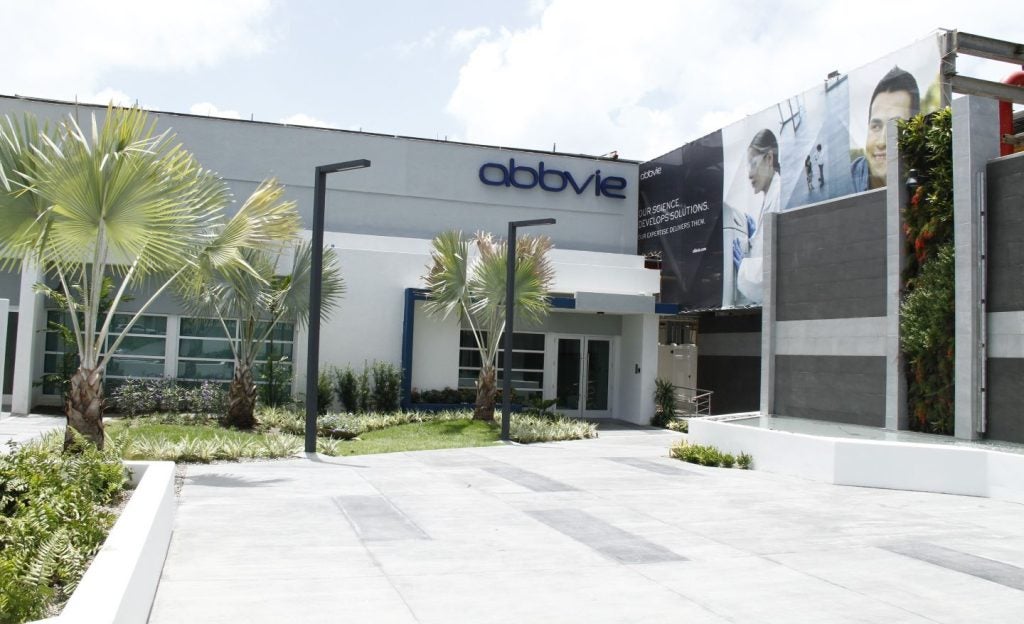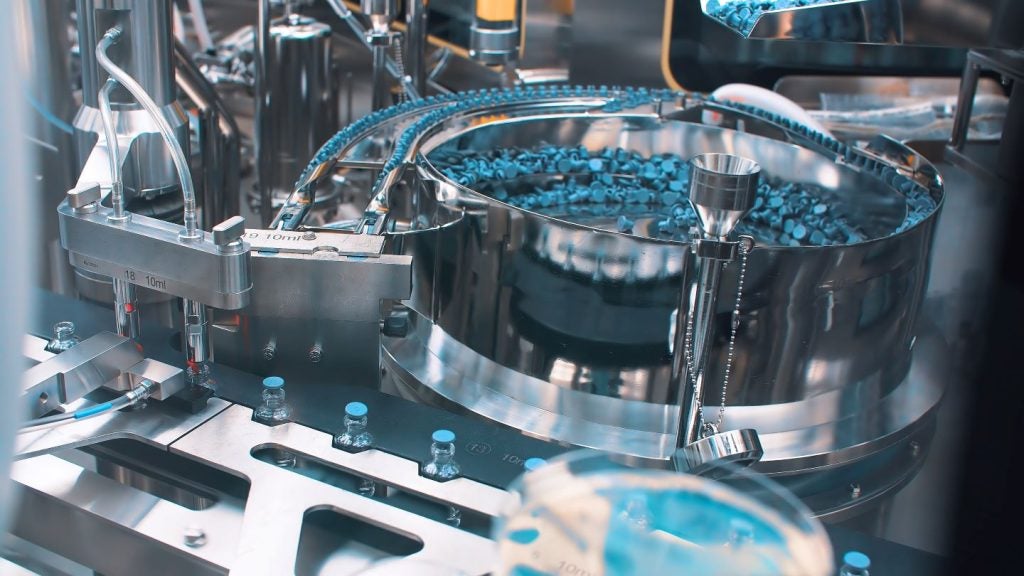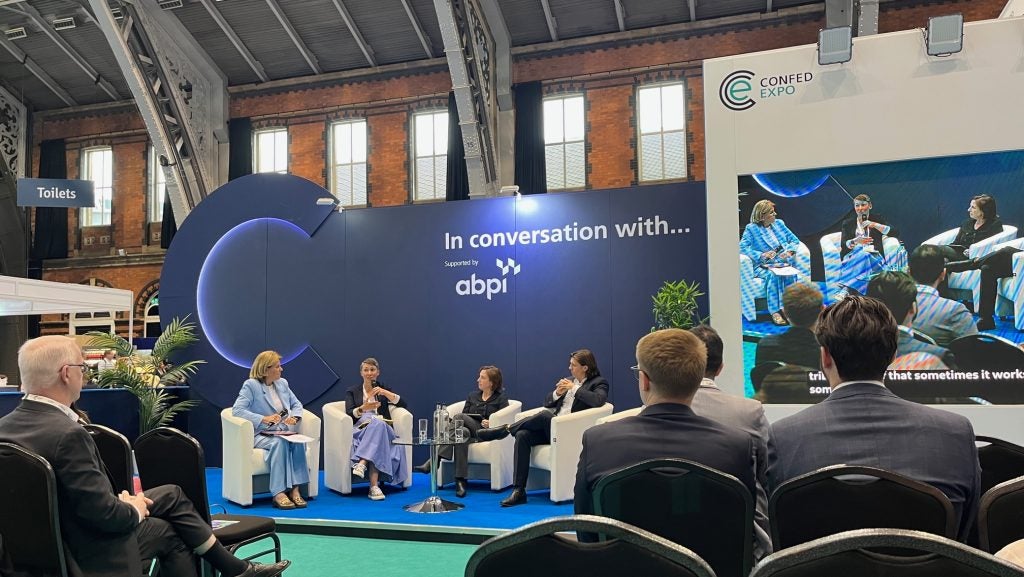AbbVie has made a licence agreement with FutureGen Biopharmaceutical to develop a next-generation therapy, FG-M701, for inflammatory bowel disease (IBD).
The asset is currently in the preclinical development phase.
A fully human monoclonal antibody, FG-M701 acts on TL1A, a clinically validated target in IBD, and is engineered to potentially offer efficacy and reduced dosing frequency.
AbbVie will obtain the sole worldwide rights for the development, manufacture and commercialisation of FG-M701.
AbbVie global head of discovery and research and senior vice-president Jonathon Sedgwick stated: “The prevalence of IBD continues to increase, and many people living with ulcerative colitis and Crohn's disease do not respond to current therapies.
“AbbVie's mission to raise the standard of care includes the pursuit of transformative therapies that help more patients living with autoimmune diseases achieve remission. We look forward to our collaboration with FutureGen in advancing the development of FG-M701 for the treatment of IBD.”
FutureGen stands to receive upfront and near-term milestone payments worth $150m.
The company is entitled to $1.56bn in payments on achieving clinical development, regulatory and commercial milestones.
This sum is apart from the tiered royalty payments on net sales of the asset.
FutureGen Biopharmaceutical (Beijing) founder and CEO Zhaoyu Jin stated: “We are very pleased to partner with AbbVie, a world leader in the development and commercialisation of innovative inflammation and autoimmune therapies.
“We believe that AbbVie is a great partner, with the ability to apply their expertise and global scale to realising FG-M701's therapeutic potential and rapidly advancing this therapy for patients suffering from IBD. The collaboration with AbbVie also highlights FutureGen's ability to generate potential best-in-class product candidates with our proprietary Structure-based Targeted Evolution Platform (STEP) technology platform.”
In June 2024 AbbVie announced that its RINVOQ (upadacitinib) is now indicated for treating polyarticular juvenile idiopathic arthritis (pJIA) and psoriatic arthritis (PsA) in paediatric patients aged two years and above in the US.
















